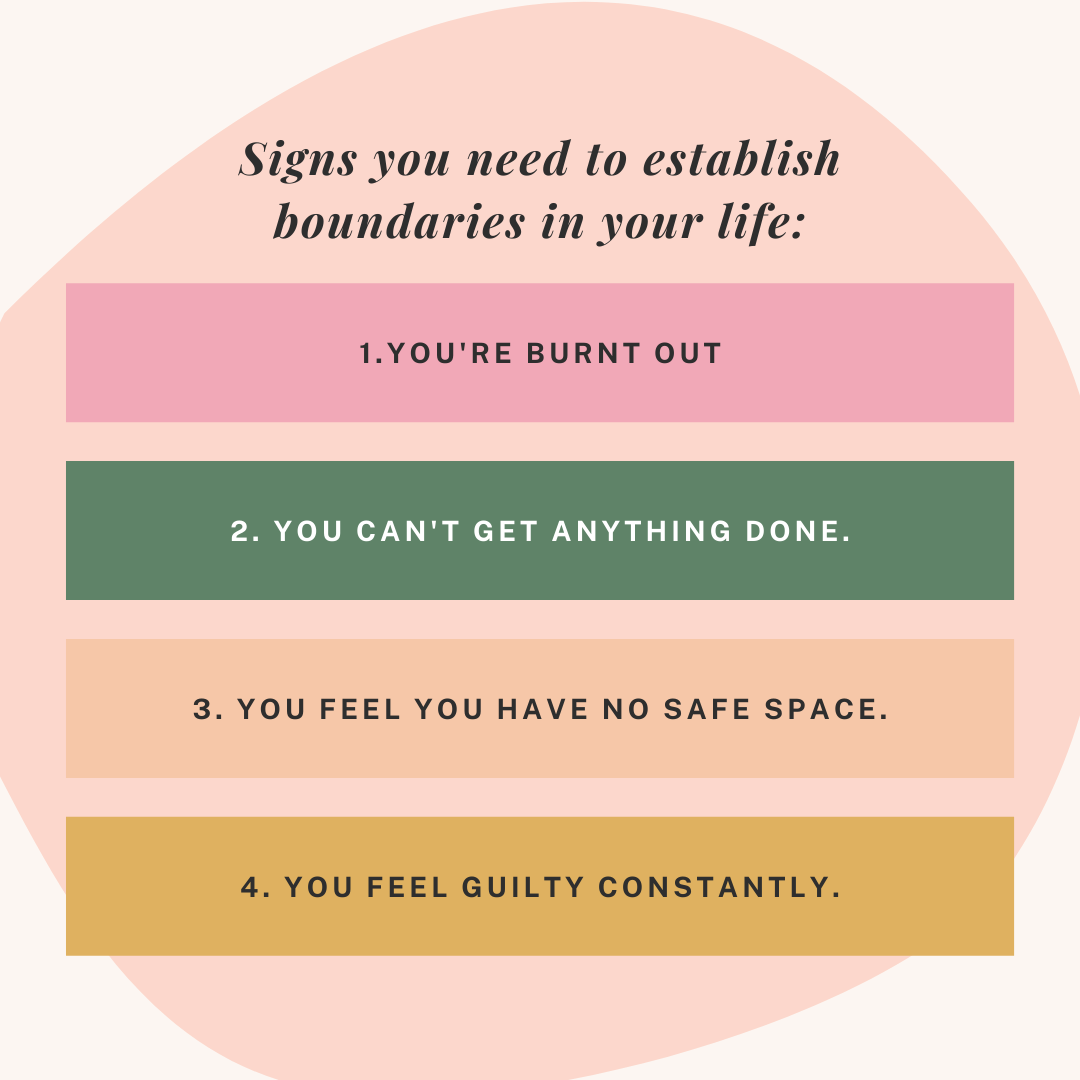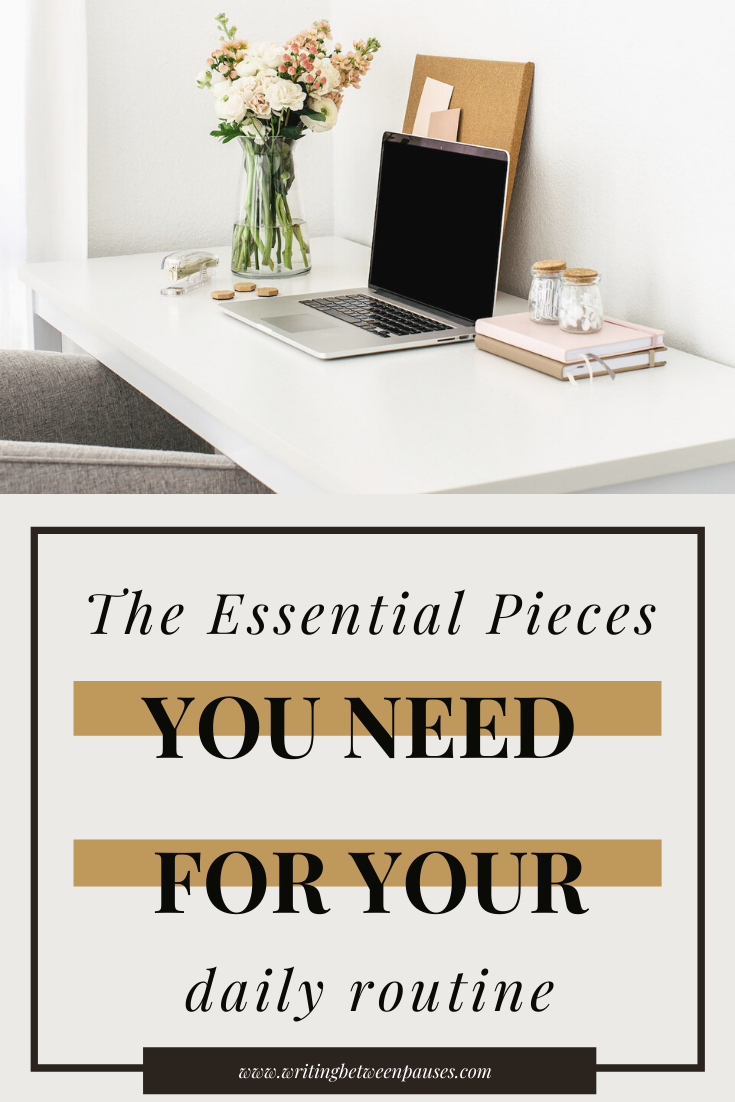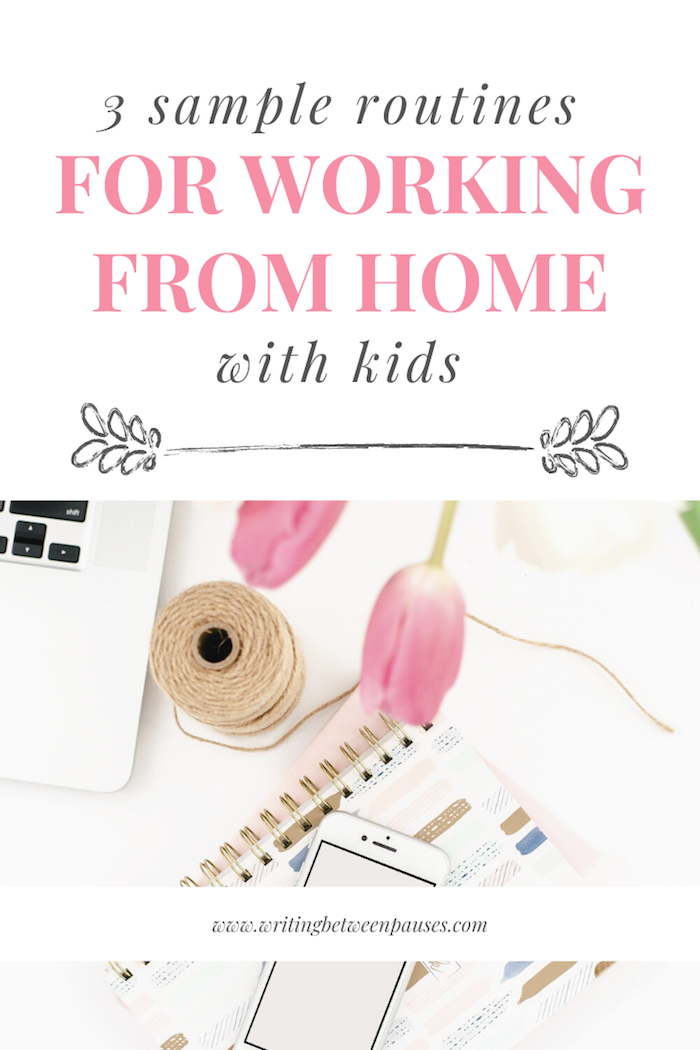This month, we’re going to talk about establishing boundaries: in your business, in your personal relationships, and beyond. Establishing boundaries is so important to everyone and something we don’t talk about enough! I hope you find value and comfort in these blog posts. You can read all posts in this series by clicking here.
For years, I heard about setting boundaries. About drawing distinct lines. Putting the toxic people in your life that you wouldn’t be taking anymore or making it clear to your job that after 5pm, you were simply unavailable. I never considered that this was something that applied to me: I was stressed and constantly anxious, but I didn’t consider any of my relationships (with my family, with Danny, or with work) to be toxic enough to need boundaries.
But here’s the thing: toxicity doesn’t necessitate boundaries. A toxic relationship really is the last step in the process, where someone isn’t respecting your boundaries.
Everyone needs boundaries. And some of us are better than others are setting boundaries and keeping them. Some of us are better at recognizing when we need boundaries. So the question here is, of course: what are the signs that we need to set boundaries? Here are a few things I’ve noticed in my own life.
1. You’re Burnt Out.
To me, this is the biggest sign. You find yourself getting snappy and easily annoyed by everything: the people you love, your job, people at the grocery store. You never feel like you’re actually resting. You wake up every morning feeling just as exhausted as the night before and, worse, dreading your day of parenting, working, or interacting with others (or all 3!). That’s burn out, friend, and it’s unfortunately very common, especially among young professional women and mothers. We’re prime targets for not having enough boundaries, imposter syndrome, and feeling like we have to reach peak productivity to be important.
It goes without saying: if you’re feeling signs of burn out, you need to establish boundaries. Here are a few you might consider:
Setting strict work hours and not adjusting these unless it is a bonafide emergency (as defined by you, not your boss, not your client).
Scheduling in quiet time for yourself everyday. This might be a bath, watching a movie by yourself in your bedroom, organizing your closet, whatever.
Taking a week off every 6 weeks to reset, recharge, and get some much needed chores done (or just relax).
2. You can’t get anything done.
It’s not procrastination: it’s stress, baby! Because you’re constantly taking on things for other people, allowing yourself to be interrupted or distracted, you find yourself pulled between 100 different tasks and stuck, unable to complete any of them. The laundry that needs folded. The living room that needs cleaned desperately. The dinner that needs cooked. The client project’s that need tackled. There is so much to do and it’s so overwhelming—but the emails don’t stop, your husband standing in the door asking about your child’s favorite stuffed animal doesn’t stop, said child running in to ask to go on a hike… it doesn’t stop.
Between the disruptions, the overwhelm, and everything else, you just can’t get anything done. It feels too hard, too overwhelming. It’s a sign you need boundaries. Here are a few suggestions:
Set filters on your email or politely ask friends, associates, and clients to limit their emails to you throughout the day.
Remind those in your household to keep interruptions to a minimum. Using a red-light/green-light system for your kids is really effective.
Write a to do list of less than 5 items to help narrow your focus and trim away the fluff. If other tasks can be delegated back to clients or coworkers, do that and communicate that this is not a task you can take on.
3. You feel like you don’t have any space of your own.
Speaking of email… your email is full of people asking questions, getting your advice and emotional energy for totally free. Your Instagram DMs are full of people asking questions about your content, your posts, everything. You get texts from clients. You feel like you don’t have any space that you can control, that doesn’t feel overwhelming and demanding.
This is an interesting point because it might feel like it doesn’t differentiate from the others. But I think the point here is: sometimes we have to set boundaries on our communication and carve out space for ourselves that doesn’t feel like it drains us. You might want to just enjoy Instagram and not be bombarded by repetitive DMs! Or you might want to reply to fun emails from friends that don’t ask for favors, free advice, or whatever. You want to enjoy those digital (or physical) spaces without the pressure to be working, productive, providing a service, or answering questions that you’ve already answered.
Here are a few boundaries you might consider:
Setting up filters in your email. (Seriously, this helps SO MUCH).
Communicating with friends that you love talking about your work, but that you simply can’t provide free services to them. (This is a hard one for me too, so I get it!)
Setting clear standards on Instagram and other social media about what kind of messages you will and won’t respond to.
4. You feel guilty constantly.
You’re behind on a client deadline, but can’t focus because you feel so bad that your child is out in the living room alone. You go play with your child only to feel guilty that you should be working on that massive to do list for a client project.
Everything you do makes you feel guilty. Every choice makes you feel guilty. You never feel like you can rest because you feel so guilty.
Carrying guilt is so common these days. There’s a lot to think about, a lot to worry about, and, of course, a lot to feel guilty about. However, if you’re feeling guilt over everything you’re doing and not doing, you need to create some boundaries to free yourself from those feelings and expectations.
Here are a few ideas:
When you find yourself spiraling into guilt, set up a series of actions to take, such as taking a walk, listening to a song you love, or doing literally anything else besides stewing in your guilt.
Make a schedule and stick to it: these are the hours you work, these are the hours you spend with your kids, these are the hours you have to yourself.





